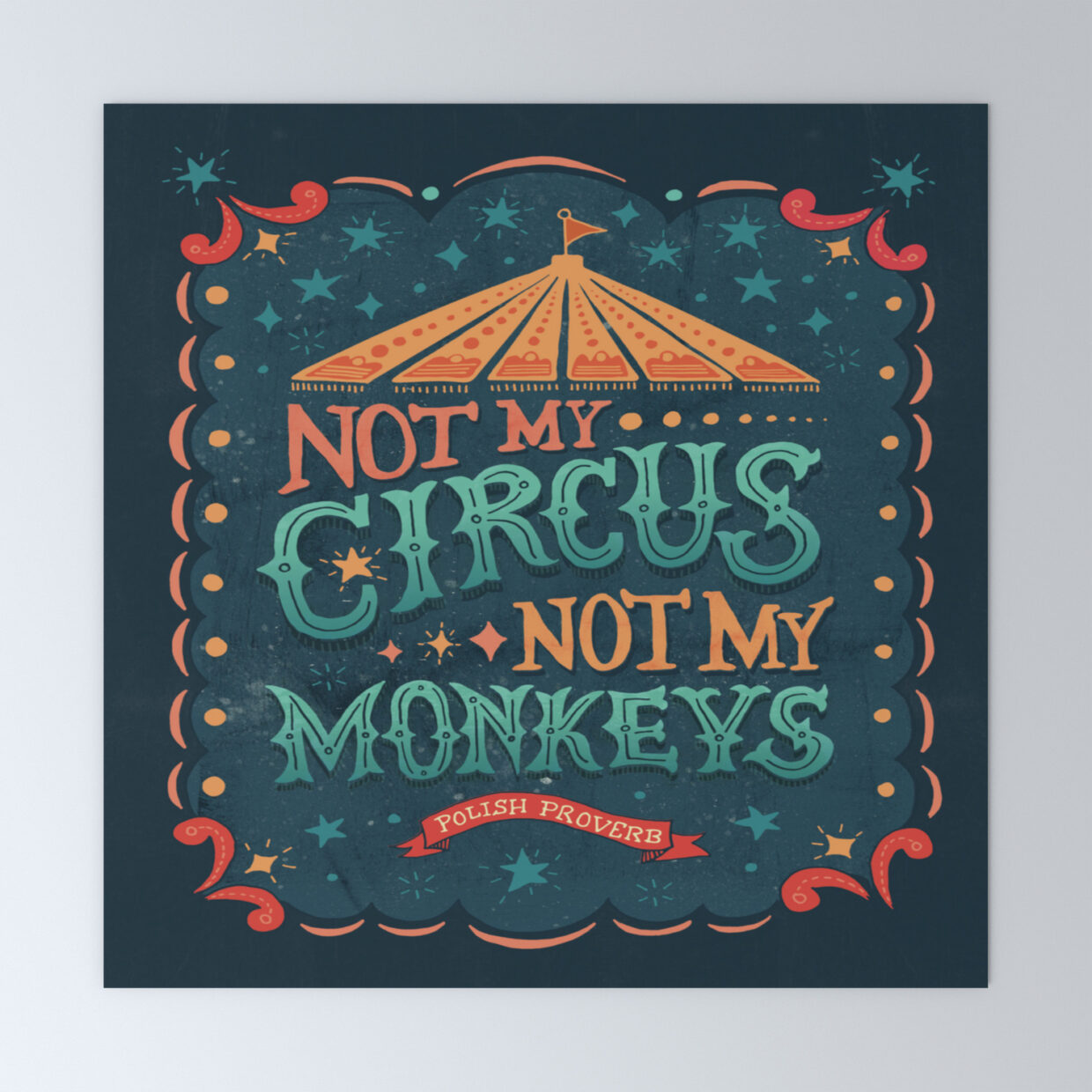
Every week, the incomparable Magi Otsri sends a prompt to aspiring writers with an interesting writing exercise. This week’s exercise involved exploring a forbidden emotion. The example she gave reminded me immediately of a phenomenal piece by early 20th century Hebrew literary giant Gershom Shofman, master of the short story. I couldn’t find an English translation, so I’ll provide my own:
The moralizing poet sat in his room and wrote
an earnest complaint on ‘human indifference’
on the old-new matter of ‘to each his own’
on how one falls in the middle of the street
and no one pays attention.
So he sat and wrote–and was startled; a child’s wail
pierced his ears from the outside, where his children were playing.
Plume in hand he ran to them
alarmed, and a great joy overcame him:
A stranger’s child is crying! A stranger’s child.
I expect all parents are viscerally familiar with the emotion Shofman paints so well in this vignette; I felt it myself as a mom numerous times. Rio was a month old when Chad and I took him to the de Young Museum to take in the Teotihuacán exhibit. Chad wore Rio in a carrier and I ran to the restroom, only to hear Rio’s distinct baby cry (“Laaaaaaa!”) from the next stall. A great fear washed over me, followed with such an overwhelming sense of unmitigated joy and relief at realizing that it was someone else’s baby who was wailing. Only after I gained my bearings did a small stream of shame trickle into my joy, a reminder of the Doctrine of the No Self, of Nonduality, of the Sangha, of all children’s cries being equally important, of the Bodhisattva’s Vow to alleviate all suffering. The shame, like a drop of dark ink in a glass of water, painted my relief light blue.
Only yesterday, at the majestic Dolores Park playground, a child spilled sand onto another child’s shirt. My first instinct was to step in, scold, soothe, intervene; then a voice arose within me, whispering, “neither child is yours,” and I kept my attention on my own child, who was calmly driving his toy dump truck with a few of his friends a couple of feet away.
On the way back home–an exhausted child sweetly sleeping in his car seat behind me–I thought about Shofman and other people’s children. Much of my involvement in criminal justice advocacy and in immigration reform efforts comes from the sense that the many horrors we wreak upon children–sentencing juveniles as adults, housing children in dehumanizing dungeons, the current unaccompanied minor nightmare, Flores and “baby jails”–come precisely from the problem Shofman identified: that we instinctively draw a thick line between our child and other children, and as a society, between “our” children, complete with innocence and compassion, and otherized children, whose childhood is deemphasized and denied. In the last few years, whenever I’ve shown Ken Burns’ terrific documentary The Central Park Five to my seminar students, they have expressed shock at the interrogation footage. “How could she treat them like this?”, they say, “It’s so obvious that they are kids.” Yes, I think to myself, it’s obvious now, but it wasn’t obvious in the mid-’80s; as I explain at the end of Yesterday’s Monsters, the “rediscovery of childhood” happened only in the mid-2000s, when neuroimaging technology acquainted us better with the development of the prefrontal cortex.
Contrast these scenarios, in which we must, societally, intercede on behalf of other people’s children, with the oppressive sense that every public foray into the political speech arena, be it a large campaign or a single tweet, can land one in a deep well of irritation, unpleasantness, and social disharmony. I’ve written about the voracious tendency, fed by social media, to make every story a colossal morality tale here and here. These days, every time some twitter scandal does not involve me personally, my default choice is to opt out. Don’t start anything you won’t enjoy finishing, whispers the invisible owl on my shoulder. Why ask for trouble? Whatever you post will be taken out of context by four people and that’ll be the end of you. The Polish proverb comes to mind: Not my circus, not my monkeys.
Our hero John Lewis implored us to get into “good trouble”–and in the tradition of the Jewish drash, I’ll throw in this interpretation: a necessary preamble is the ability to discern “good trouble” from “bad trouble.” Good trouble is the kind we must get into, for our children, for other people’s children, for all children, human, nonhuman, living, breathing. Bad trouble is the sort your heart and common sense tells you will become worse if you step in it. Which is which–your heart’s beat and the drop of disquiet ink in your glass of peace can tell you, if only you listen to it.




No comment yet, add your voice below!